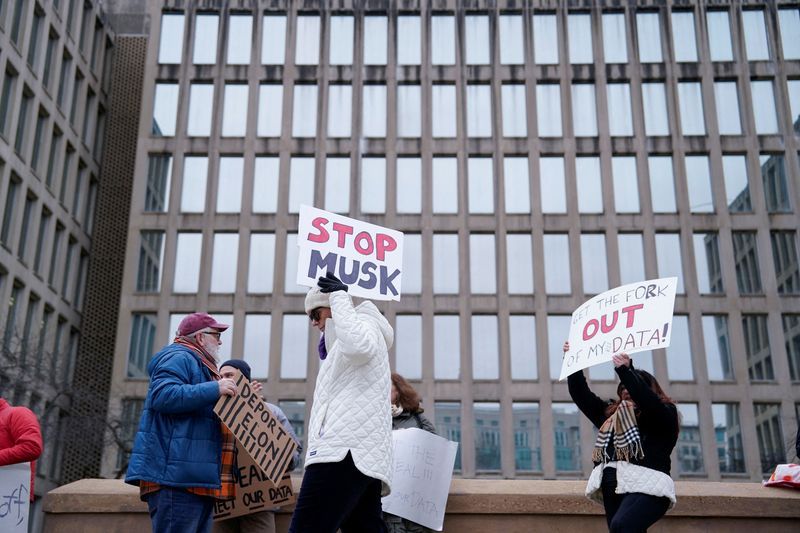What just happened? Apple's flagship iPhone has remained at a starting price of $999 since the launch of the iPhone X in 2017, but that streak of price stability may end. Analysts predict that new tariffs imposed by the Trump administration could force Apple to raise prices dramatically, with the iPhone 16 Pro Max potentially seeing a $350 increase, if not more. This anticipated price hike has sparked a frenzy among consumers, who rushed to Apple stores to purchase devices before costs climb.
A series of reciprocal tariffs on Chinese imports are primarily driving the anticipated price surge. These include a 10 percent duty that came into effect on April 5, followed by an additional 54 percent tariff set to be implemented on April 9. Most iPhones are manufactured in China, making them particularly vulnerable to these measures.

According to Bloomberg , Apple stores across the United States experienced a surge in shopping activity over the weekend, with people "panic-buying" iPhones. "Almost every customer asked me if prices were going to go up soon," one Apple employee told the publication. However, Apple has taken swift action to mitigate the impact on consumers ahead of the tariff deadlines.
Perhaps most notably, Cupertino airlifted five planeloads of iPhones and other products from India and China to the U.S. over three days during the final week of March to avoid the initial 10 percent tariff, senior Indian officials told the Times of India.
The shipments were a remarkable logistics feat during what is typically a slow shipping season, demonstrating Apple's urgency to protect its pricing structure. According to the publication, factories in India and China had been ramping up production and shipping inventory in anticipation of higher tariffs. This pre-tariff stockpiling has temporarily insulated Apple from immediate cost pressures, enabling it to maintain steady pricing for now.
India has become increasingly important in Apple's manufacturing network, accounting for most of its nearly $9 billion in smartphone exports to the U.S. In addition to iPhones, Apple has been producing AirPods and other products in India.
Analysts suggest that the country's relative tariff advantage could accelerate Apple's shift away from China as it seeks to minimize costs. Meanwhile, Apple's warehouses in the U.S.
are reportedly well-stocked for several months, providing a price buffer as the company evaluates its next steps. For now, Apple reportedly has no immediate plans to raise retail prices anywhere. The company is exploring options to absorb cost increases internally rather than passing them on to consumers.
The market should get more insight into how Apple will navigate the tariffs when CEO Tim Cook and CFO Kevan Parekh address investors during the company's fiscal second-quarter earnings report on May 1. Despite Apple's desire to keep prices from crossing the psychological threshold of $999, consumers now face growing uncertainty about whether future models will remain at current levels..
Technology

Consumers rush to Apple stores ahead of tariff-driven price hikes

A series of reciprocal tariffs on Chinese imports are primarily driving the anticipated price surge. These include a 10 percent duty that came into effect on April 5, followed by an additional 54 percent tariff set to be implemented on April 9. Most iPhones are manufactured in China, making them...Read Entire Article















